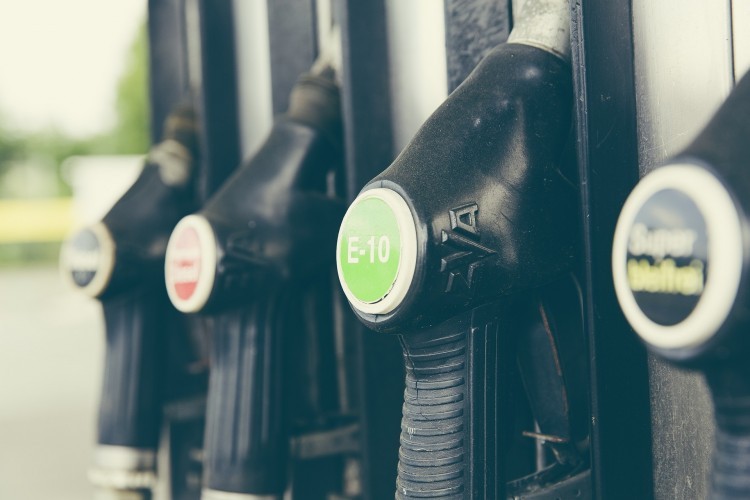in 2016 a record eight million used cars were sold, and figures from the SMMT show 51% of motorists expect their next car to be petrol-powered, with a further 13% expecting to choose diesel.
But at the same time, brand new production vehicles are increasingly embracing alternative fuels - and major brands are reaching equally major milestones, like Toyota's recent announcement that they have sold their ten millionth hybrid vehicle, led internationally by their Prius model.
With more hybrids and electric vehicles taking to the roads, it's inevitable that older engine technologies will gradually be left behind - so where does that leave petrol and diesel engines?
Already there are calls for diesel engines to be subject to a scrappage incentive scheme, in order to remove some of the most heavily polluting vehicles from the roads.
Campaigners including Greenpeace and the British Lung Foundation recently issued a letter calling for tougher taxes on diesel cars, to remove existing incentives they say make them more attractive than other engine types.
And from April 1st 2017, the tax on newly registered petrol and diesel cars will be £140; on hybrids, LPG and bioethanol engines, £130; and on zero-emission vehicles, £0 per year.
However, these rates do not apply to existing vehicles - only to new registrations - which means a further diesel scrappage scheme is likely to be needed to reduce the number of existing used cars on the roads.
In order to increase motorists' confidence in pure electric vehicles, there is a need for more widespread infrastructure and a reduction in distances between charge points, and this is also on the agenda.
The Vehicle Technology and Aviation Bill, introduced on February 22nd 2017, includes measures to potentially require large petrol stations and motorway service stations to cater for electric vehicle recharging, as well as hydrogen refuelling, as a mandatory rather than optional service.
In a separate development with implications for motor trade insurance, the same Bill outlines measures to allow a single insurance policy to cover autonomous vehicles both when they are under their own control and when a human driver has switched them to their manual mode.
Transport secretary Chris Grayling said: "Automated vehicles have the potential to transform our roads in the future and make them even safer and easier to use, as well as promising new mobility for those who cannot drive.
"But we must ensure the public is protected in the event of an incident and today we are introducing the framework to allow insurance for these new technologies."
